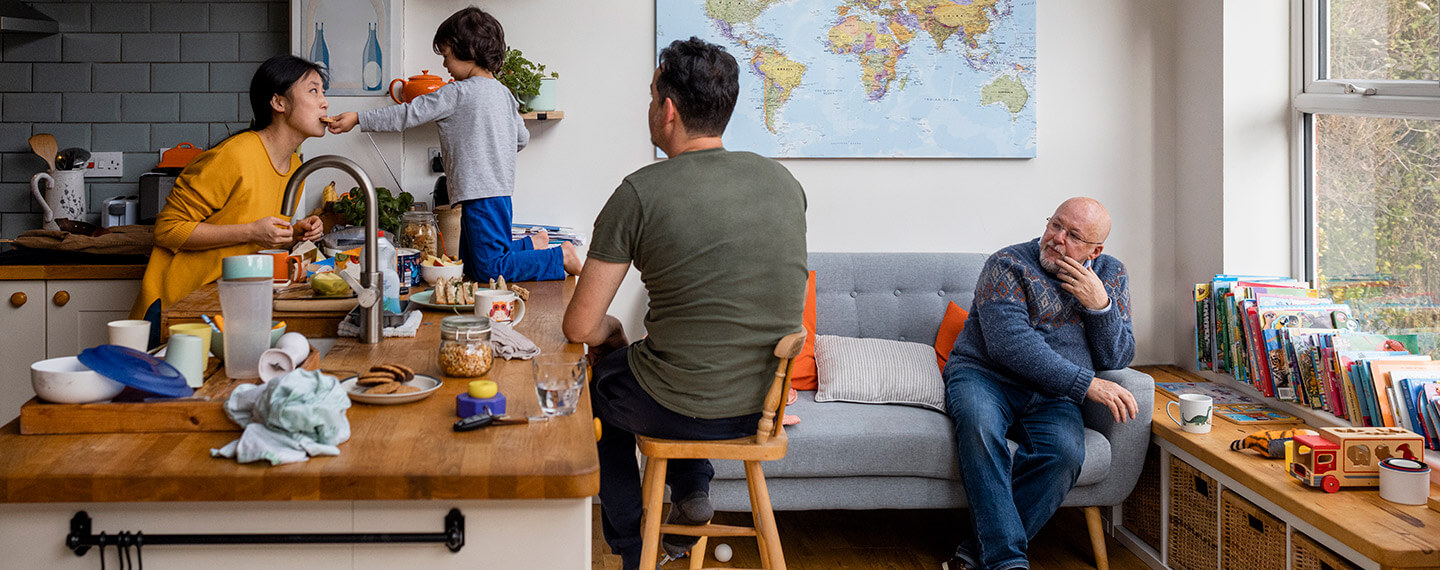Recently, we sat down with Conor Crowley, Wealth Management Executive, to learn about bare trusts.
1. What is a bare trust – and how is it managed?
Put simply, a bare trust is a type of trust that allows money to be paid by a settlor to a trust fund managed by a trustee (often parents and grandparents) on behalf of the beneficiary (often children) of the trust. A bare trust can be used to gift money to children under the age of 18.
Unlike some other trusts, a bare trust cannot be revoked. Once monies are paid into the trust, the beneficiary becomes absolutely entitled to the assets. So, a transfer of money into the trust cannot therefore be reversed.
Take for example, our clients John and Sarah1. They wanted to set up a bare trust for their three-year-old daughter Ava with the objective of providing for future life events, such as a deposit for her first house or college fees. They will be making contributions of €250 each per month (role of settlors), and they are responsible for managing and controlling the funds until they are released to Ava at a date in the future (role of trustees).
Ava’s grandparents also expressed an interest in making sporadic contributions to the trust at times such as birthdays – and so, ensuring flexibility with contributions is an important feature of Ava’s bare trust.
With a longer time horizon and relatively small amounts of money, parents are often happy to use more risk to try and grow the trust over time. This may mean a higher allocation to equities in multi asset funds or even 100% equity funds.
At Goodbody, we worked with John and Sarah to ensure their objectives were met for Ava’s trust with both regular and irregular contributions getting invested in line with their objectives and risk tolerance over time.
2. How much money do you need to invest in the trust and for how long?
Capital Acquisitions Tax (CAT) legislation currently allows for the first €3,000 of the value of gifts received by one person from another person in any year to be free from gift tax; this is referred to as the Small Gift Exemption.
In the case of minors, this allows each parent to contribute up to €3,000 per annum and they will not owe gift tax on the money, neither will it be eating into your child’s lifetime inheritance allowance of €335,000.
3. What does this mean for John and Sarah?
John and Sarah will make regular contributions of €250 each a month – that means a total of €6,000 per annum will be gifted to Ava’s trust (the maximum allowable which applies to everyone, not just parents, under Small Gift Exemption) for 15 years plus irregular contributions from Ava’s grandparents, which will provide for a significant sum of money for Ava at the point when John and Sarah release the funds.
4. When does the beneficiary get access to the trust? And can the trustee retain some control over what the money in the bare trust is used for?
The beneficiary becomes entitled to access the proceeds of the investment when they are 18 years, unless otherwise specified. The purpose of the trust is to hold the investment in the name of the beneficiary. However, once the funds are released to them, trustees have no control over what the money is used for.
5. What tips would you give to a beneficiary in receipt of a bare trust?
For the beneficiary, learning that they have a meaningful sum of money now at their disposal can be quite life-changing given they are often still in some form of education.
Financial education for young adults is an important life lesson, and we regularly engage with the children of our clients before, during and after these life events to ensure the money which has been accrued over a number of years is put to work for the beneficiary’s needs, for example, payment of college fees, or a deposit for a house.
This article featured in the Q3 2022 edition of Wealth Matters - our quarterly publication that presents our views on the investment landscape and explores key wealth planning themes to help build and protect wealth on behalf of individuals, families and entrepreneurs across generations.
To read or download the report in full, click here.
1 Names have been changed to protect client anonymity.







